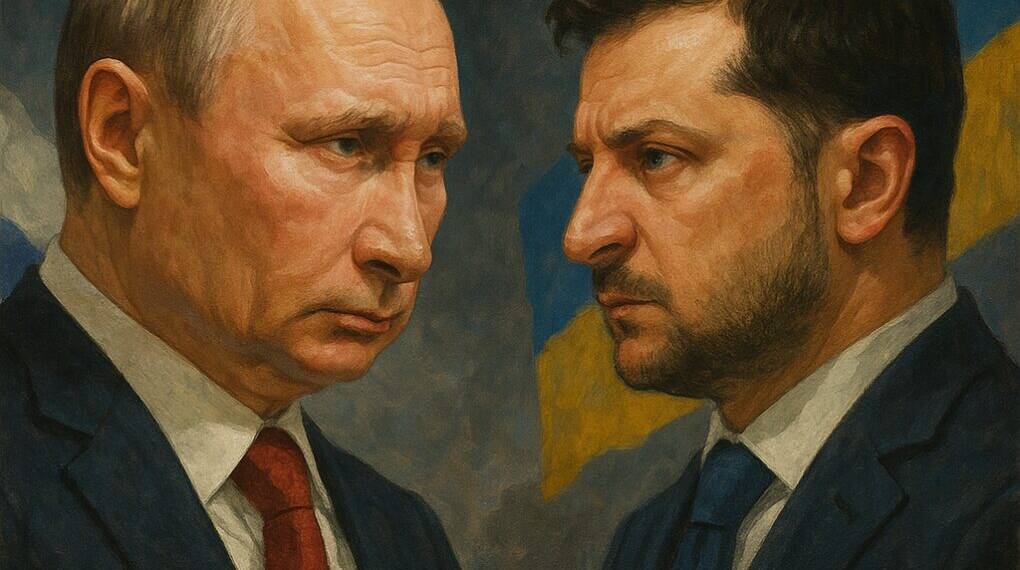In a major escalation of the war in Eastern Europe, Russia has launched a wave of retaliatory strikes following Ukraine’s largest-ever drone offensive, dubbed “Operation Spiderweb.” The Ukrainian operation, which took place over the weekend, targeted multiple Russian military airbases deep inside Russian territory, reportedly destroying more than 40 warplanes, according to Ukrainian defense sources.
The unprecedented assault marked a significant expansion of Ukraine’s military capabilities and reach, shocking both the Russian military command and international observers.
Russia Strikes Back — Hard
In response, Russia unleashed a barrage of airstrikes on Ukrainian infrastructure, focusing on drone production facilities, ammunition depots, and key troop deployment zones. Explosions were reported in Kyiv, Kharkiv, and Dnipro, with civilian casualties feared in some areas.
The Russian Ministry of Defense claimed that its counterattack successfully crippled Ukraine’s drone supply chain and inflicted “severe operational losses” on Ukrainian forces.
“Ukraine’s reckless provocation will not go unanswered,” a Kremlin spokesperson stated. “We have launched precision strikes to neutralize the threat.”
Ceasefire Rejected, Talks Collapse in Istanbul
At the same time, peace talks in Istanbul between Russian and Ukrainian delegations ended in renewed hostility. Russian President Vladimir Putin’s government firmly rejected a proposed ceasefire, instead doubling down on its demands: that Ukraine cede occupied territories, demobilize parts of its armed forces, and agree to permanent neutrality.
Ukraine, bolstered by the success of Operation Spiderweb, refused to accept the terms, calling them a “surrender in disguise.” Ukrainian President Volodymyr Zelenskyy’s office stated that territorial concessions are “non-negotiable” and reaffirmed Ukraine’s intent to defend its sovereignty.
Growing Fears of Escalation
Analysts warn that the war may be entering its most dangerous phase yet. The sheer scale of Ukraine’s drone offensive—reaching hundreds of kilometers into Russian airspace—and Moscow’s aggressive retaliation are signs of deteriorating restraint on both sides.
“We are witnessing a shift from localized warfare to long-range strategic strikes,” said a NATO defense analyst. “This opens the door to broader escalation and greater regional instability.”
There are growing concerns that Russia may consider more extreme measures, including cyberattacks on Ukrainian infrastructure or further mobilization of troops, as diplomatic channels collapse.
Also read: Ukraine Bold Drone Strike: A Game-Changer or a Geopolitical Gamble?
Global Reactions
World leaders have expressed alarm at the rapid escalation. U.S. Secretary of State Antony Blinken called for “immediate de-escalation and renewed dialogue,” while European Union officials urged both sides to resume ceasefire talks. China, maintaining its neutral stance, has offered to mediate but has not proposed a formal peace plan.
Meanwhile, the humanitarian toll continues to rise. The United Nations reported over 300 new civilian casualties in the past 72 hours and warned that power outages and fuel shortages are affecting millions across Ukraine.








